
Libya
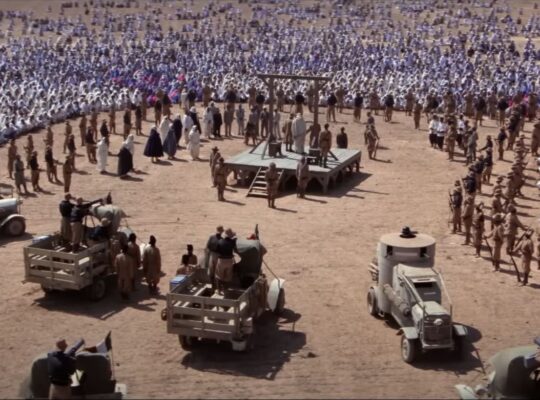
In the Shadow of a Cinematic Canon
Two epic films — financed by Gadhafi and shot on location — have shaped Libyans’ vision of themselves for over 40 years. “The Message” and “The Lion of the Desert” have cast long shadows over filmmaking in the country that are hard to escape.
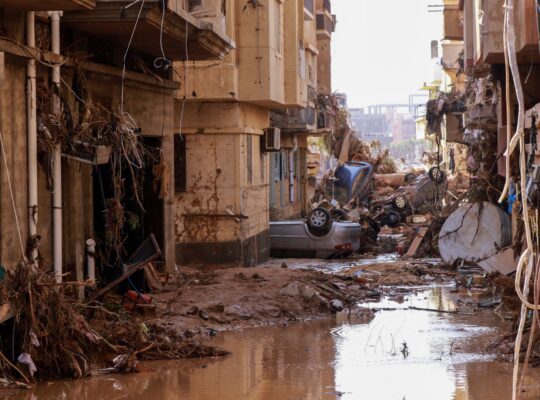
The Poet Who Predicted Libya’s Flood
The day Derna was washed out to sea, the poet Mustafa Trabelsi published a short poem on his Facebook page, titled “The Rain.” Its prediction of the coming devastation became an indictment of Libya’s corrupt political elite.

How Libyan and Italian Authorities Are Hindering Migrant Rescue Ships
On the surface, it is odd that the rescue ship Humanity 1 and the Libyan coast guard should compete because both, in theory, are supposed to save refugees’ lives. But the Libyans are under contract to return migrants to Libya, while the nonprofit vessels want to land them in Europe.

Libyan Floods Reflect a River of Corruption and Negligence
As Libya recovers from the initial shock of this catastrophe, the political situation is slowly sliding back to normal. A narrative war is beginning between various sides, and the politicization of and profiteering from relief have begun.
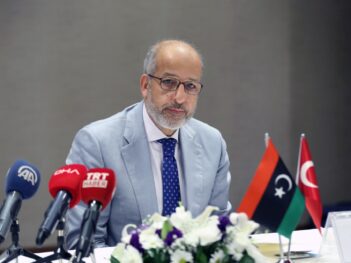
How Libya’s Central Bank Chief Survived a Decade of Conflict
Even senior foreign diplomats who regularly meet Libya's central banker concede he remains a mystery to them. He is neither the ultimate barrier against the pillage of the Libyan state, as he himself maintains, nor the biggest culprit behind its crisis, as his enemies say.
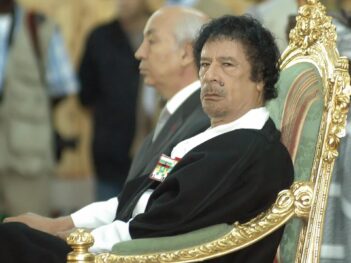
Two Versions of the Past Battle for Libya’s Future
When I argue with friends who fought Gadhafi in 2011 that his son won’t redeem Libya from its suffering, they declare their intention to vote for him regardless. For them, and many ex-rebels like them, their former enemy has become the long-awaited champion of the people.
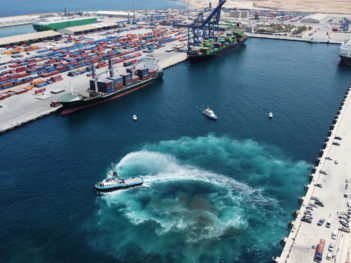
Libya’s Bellwether City
Misrata has always been known as a city of business. But after the revolution, when it took up arms against Moammar Gadhafi, the port city became a bellwether for the direction of Libya. At the head of the two governments that currently claim authority in Libya stand two figures from Misrata. Where Misrata goes, the rest of the country will follow.
